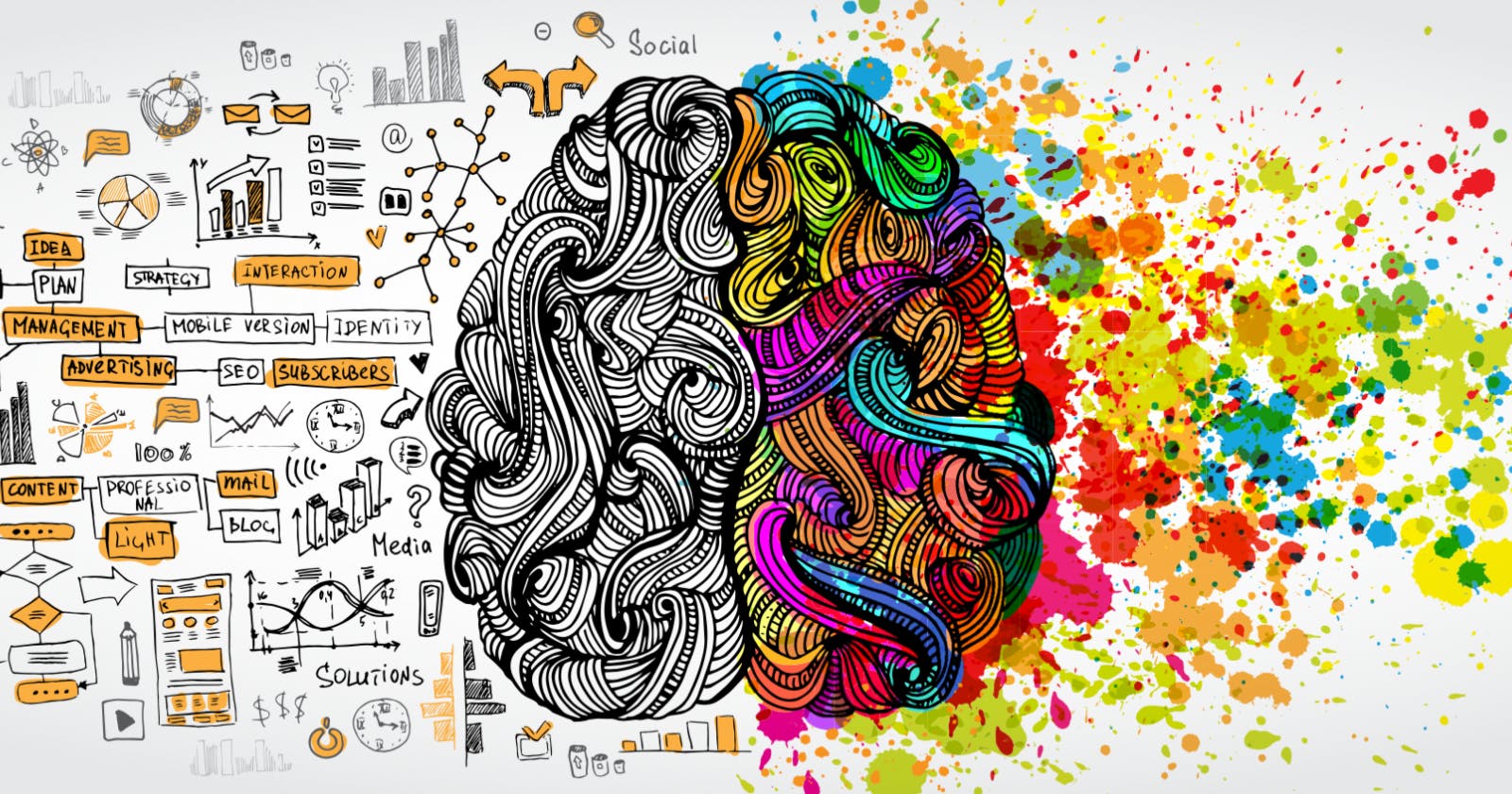The Importance of Creativity: Why It Matters in Every Field
Creativity is the ability to produce new and original ideas, thoughts, or approaches. It is an essential skill that allows us to solve problems, think
Many factors can influence creativity, including education, experience, environment, and personality. Some people are naturally more creative than others, but creativity can also be developed and nurtured through practice and exposure to new ideas and experiences.
There are many ways to stimulate creativity, including:
Setting aside dedicated time for creative pursuits
Breaking out of familiar routines and trying new things
Seeking out diverse perspectives and experiences
Using prompts or constraints to spark new ideas
Engaging in activities that require divergent thinking, such as brainstorming or mind mapping
While creativity is often associated with the arts, it is an important skill in all fields and can be applied to everything from business to science to problem-solving in everyday life. By fostering creativity, we can open ourselves up to new possibilities and find creative solutions to even the most challenging problems.
There are many things you can do to improve your creativity:
Practice: The more you practice creative activities, the more you will improve. This can include activities like drawing, painting, writing, or even just coming up with ideas for projects.
Take breaks: Taking breaks allows your brain to rest and recharge, which can lead to increased creativity.
Get enough sleep: Getting enough sleep is important for overall health and well-being, and it can also help boost creativity.
Exercise: Exercise has been shown to improve brain function, including creativity.
Learn new things: Exposing yourself to new ideas, cultures, and experiences can stimulate your brain and lead to increased creativity.
Collaborate with others: Working with others can help stimulate new ideas and perspectives.
Use prompts or constraints: Using prompts or constraints can help spark new ideas and force you to think outside the box.
Experiment: Experimenting with different materials, techniques, or approaches can help stimulate creativity.
Take risks: Taking risks and trying new things can lead to new and creative ideas.
Reflect on your creative process: Reflecting on your creative process and what works for you can help you identify areas for improvement and increase your creativity.
Several activities may reduce creativity:
Repetitive tasks: Engaging in repetitive tasks can lead to mental stagnation and may reduce creativity.
Lack of sleep: Not getting enough sleep can affect brain function, including creativity.
Multitasking: Multitasking can divide your attention and make it more difficult to be creative.
Staying within your comfort zone: Sticking to familiar routines and activities may limit your exposure to new ideas and experiences, which can reduce creativity.
Overthinking: Overthinking can lead to analysis paralysis and may inhibit creativity.
Procrastination: Procrastination can lead to time pressure and may reduce the opportunity for creative thinking.
Lack of focus: Distractions or a lack of focus can prevent you from fully engaging in creative activities.
Stress: Chronic stress can negatively impact brain function and may reduce creativity.
Negative self-talk: Believing that you are not creative or that your ideas are not good enough can discourage creative thinking.
Comparison: Comparing yourself to others can lead to self-doubt and may reduce creativity.
It’s important to recognize that creativity is not a fixed trait and that it can fluctuate based on various factors. By being mindful of activities that may reduce creativity and finding ways to address them, you can improve your creativity.

